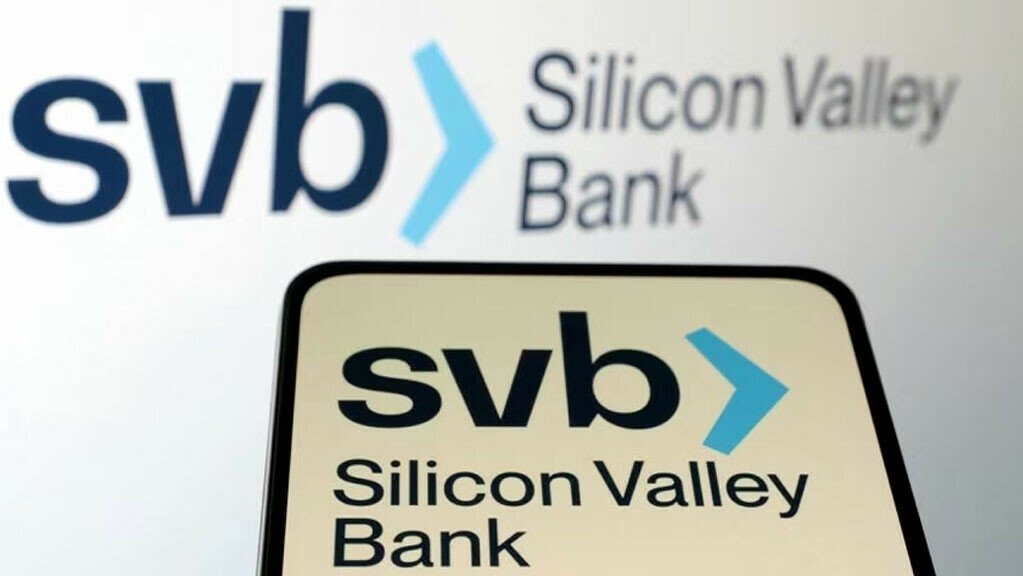Top 10 Lessons Learned for Fintech Startups after the Silicon Valley Bank Collapse

Date: 14 March 2023
Author: Susanne Chishti
After a very stressful week for startups across the US and the UK, FINTECH Circle is dedicated to support startups with key lessons learned from the collapse of Silicon Valley Bank.
These are our top tips:
- Diversify your financing sources: Relying on a single financial institution for all your funding needs can be risky. It’s always advisable to diversify your financing sources to spread out the risk and minimize the impact of a financial institution’s failure.
- Do your due diligence: When choosing a financial institution to work with, startups should do their research and carefully evaluate the institution’s financial stability, reputation, and track record. Have a least 2-3 business bank accounts as the UK’s Financial Services Compensation Scheme protection limit is only £85,000 in the UK and the Deposit Insurance in the USA is US$250,000.
- Be prepared for the worst: Startups should have contingency plans in place in case their financial institution fails. This may involve having backup financing sources, maintaining cash reserves, or having a backup plan for managing their cash flow.
- Communicate with stakeholders: If a financial institution that a startup is working with fails, it’s important to communicate with all stakeholders, including investors, employees, and customers, to explain the situation and outline the steps being taken to mitigate any potential impacts.
- Learn from the experience: After a financial institution’s failure, startups should take the time to reflect on the experience and identify any lessons learned that can be applied to their future operations and decision-making.

One reason leading to the collapse of Silicon Valley Bank was that they had not managed the changing interest rate environment. In recent years, interest rates have been at historic lows, which has been favorable for startups looking for funding.
However, as the economy continues to recover, interest rates are expected to rise, which could impact how startups access and use capital.
Here are some FINTECH Circle recommended strategies that tech startups can use to respond to a rising interest rate environment:
1. Review Your Capital Needs
With rising interest rates, the cost of borrowing money will increase. This means that startups need to be careful when reviewing their capital needs. It’s important to consider how much funding is actually required and explore other financing options, such as equity financing or grants.
2. Consider Fixed-Rate Financing
Interest rates can be unpredictable, but fixed-rate financing can provide some certainty for startups. Fixed-rate loans have a set interest rate that won’t change over the life of the loan, which means that startups can plan their cash flow and expenses more accurately.
However, fixed-rate financing may be more expensive than variable-rate financing, so startups should weigh the costs and benefits carefully
3. Refinance Existing Debt
If your startup already has outstanding debt, refinancing can be a way to take advantage of lower interest rates.
Refinancing involves taking out a new loan to pay off existing debt, often at a lower interest rate. However, refinancing comes with its own costs, such as fees and potentially longer repayment terms.
4. Improve Your Credit Score
The better your credit score, the more likely you are to receive favorable terms on loans and other financing options.
Startups should take steps to improve their credit score by paying bills on time, minimizing debt, and maintaining a good credit history. This can help them secure more favorable interest rates in a rising interest rate environment.
5. Review Your Cash Flow
Rising interest rates can impact a startup’s cash flow, as they will need to allocate more funds to debt payments. It’s important to review your cash flow regularly and ensure that you have enough cash on hand to cover debt payments and other expenses.
In conclusion, rising interest rates can impact how tech startups access and use capital.
By reviewing capital needs, considering fixed-rate financing, refinancing existing debt, improving credit scores, and reviewing cash flow, startups can respond effectively to a rising interest rate environment.
It’s important to remain vigilant and adjust strategies as needed to ensure that your startup can continue to grow and thrive.
For more information on FINTECH Circle, please visit our website on www.FINTECHCircle.com and join our community here.
About the Author
 Susanne Chishti is the award-winning CEO of FINTECH Circle and a FTSE Board Member. As Investor and Editor of The FINTECH Book Series she lives with her family in London and is a Non-Executive Director of CMC Markets PLC and Crown Agents Bank.
Susanne Chishti is the award-winning CEO of FINTECH Circle and a FTSE Board Member. As Investor and Editor of The FINTECH Book Series she lives with her family in London and is a Non-Executive Director of CMC Markets PLC and Crown Agents Bank.
She is also an in-demand keynote speaker at leading finance and technology conferences globally.
She is also the Co-Editor of the bestselling The FINTECH Book, which has been translated into 10 languages and is sold across 107 countries, as well as The WEALTHTECH Book, The INSURTECH Book, The PAYTECH Book, The AI Book and The LEGALTECH Book.
Susanne’s awards include “Top 10 global fintech influencers in 2022” (Evening Standard), “Top 5 ESG Influencers Globally” (Refinitiv) and the Fintech Champion of the Year in 2019 (Women in Finance Awards).




